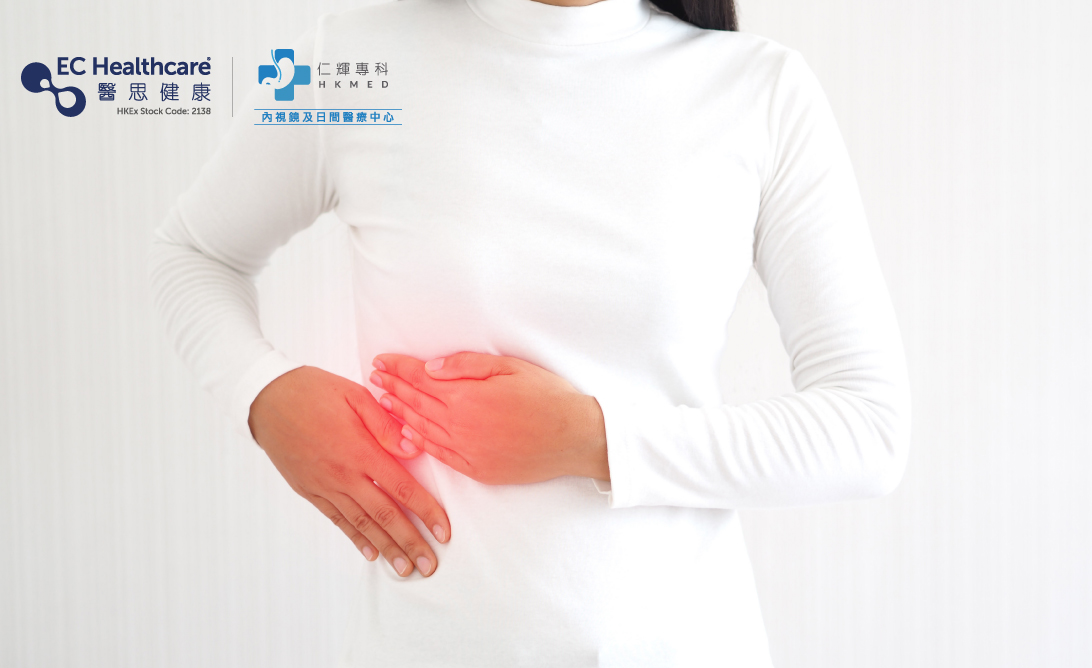The Shocking Truth: Over 50% of Hong Kongers Are Infected with H. Pylori


The Faculty of Medicine at the Chinese University of Hong Kong (CUHK) published an epidemiological analysis in 2017, revealing that Helicobacter pylori (H. pylori), a bacterium that can cause peptic ulcer disease and even gastric cancer, has infected 4.4 billion people worldwide. In Africa, nearly 80% of the population is infected with this bacterium, which is the highest in the world. In Asia (including Hong Kong, Mainland China, Japan, South Korea, Taiwan and more), over half of the population is infected.
These data show that H. pylori infection is a real health threat affecting the global population. Yet, many people underestimate its impact since not every infected person will develop serious complications.
H. pylori infection can cause gastric cancer
The International Agency for Research on Cancer (IARC) has classified H. pylori as a class 1 carcinogen. It is the only bacterium that can survive in an acidic gastric environment. It lives in the mucosa of our stomach and duodenum and can trigger gastric acid secretion, which destroys the protective function of the gastric mucosa. This can lead to various gastrointestinal diseases, such as gastritis, gastric ulcers, duodenal ulcers, and even cell mutations and gastric cancer in serious cases! In fact, studies have found that 90% of gastric cancers are caused by H. pylori infection.
Screening is the only way to identify early-stage infection
In Hong Kong, the survival rate for stomach cancer is only about 40-50%. As the early symptoms of stomach cancer are often unnoticeable, over half of the patients are diagnosed in the intermediate or late stages, and the cancer cells may have spread to other tissues by then. So, you should receive early screening for H. pylori infection if you belong to high-risk groups or experience persistent symptoms such as stomach ache, loss of appetite, nausea, and vomiting. Early screening is the only way to identify early-stage infection and facilitate timely treatment, hence preventing cancerous lesions and reducing the chance of gastric cancer.
Tests for H. pylori include:
Stool test
A stool test can be performed at home and you can read the result after 10 minutes. It’s a non-invasive, painless method that is suitable for everyone.
Urea breath test
You will exhale into a collection bag, and then swallow a carbon-13 pill. Wait for 20-30 minutes and blow into another collection bag. The two bags will then undergo a laboratory test.
Gastroscopy
Gastroscopy is carried out by a doctor in a clinic or hospital. The doctor will insert a flexible tube with a camera from the mouth to the oesophagus, stomach and duodenum to check if there are any cancerous tumours, inflammation or ulcers. You need to fast for 6-8 hours before a gastroscopy.
To treat H. pylori infection, patients only need to take antibiotics and proton pump inhibitors (PPIs) for 14 days. The bacterium will then be eradicated.








